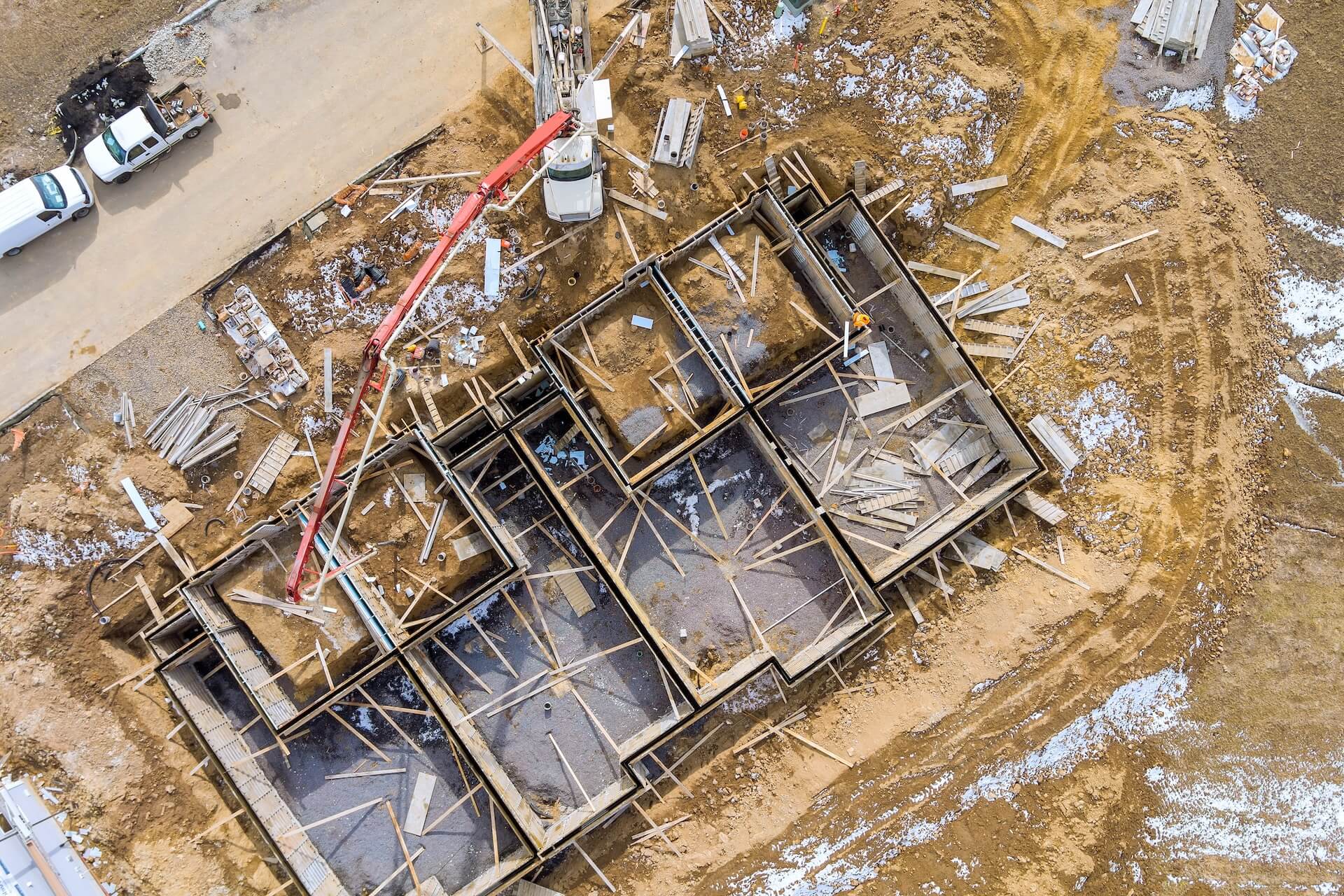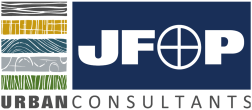
Demolition is a key aspect of the construction industry in Australia. It requires expert planning and the right tools to ensure the job is done right and safely. Whether the project calls for an entire building to be knocked down or removing a small area for renovation there is a range of methods of demolition to suit. From mechanical demolition for large buildings, to non-structural strip-outs, there will always be demolition techniques suited to your project.
If you’re searching for Brisbane demolition companies who offer excellent services you’ve come to the right place. Contact our team at Gumdale Demolition on (07) 3809 4108 or get a free quote online.
The Most Common Methods of Demolition
Mechanical Demolition
Mechanical demolition is the most used out of all methods of demolition. It involves the use of heavy machinery such as excavators, bulldozers, cranes, and historically wrecking balls. These machines are used to knock the building down and then clear the resulting debris from the site.
In Australia it is most common for demolition companies to use excavators because of their versatility and long reach. Wrecking balls, although the poster boy of demolition, are very rarely used in demolition due to the effectiveness of long reach excavators.
Manual Demolition
Manual demolition is an option that is often reserved for smaller narrow areas that machinery cannot access. This form of demolition requires hand tools like picks, sledgehammers, and jackhammers, all which take significant manpower to operate.
Out of all the demolition techniques this is among the most labour and time intensive methods and requires more protective measures than others. Often this demolition process is used in residential demolition.
Implosion
Implosion demolition is the controlled method of collapsing a structure by detonating explosives that cause it to fall in on itself. Implosion demolition is a popular choice because of the time and money it can save and the reduced risk to workers. However, while the demolition is fast it can require weeks, months, or even a year of planning and pre-work to get it right.
This method is often used in industrial demolition and is a popular method for demolishing bridges, smokestacks, towers, and tunnels. It also makes for a great spectacle, with many videos of implosion demolition going viral, both for going right, and going wrong.
Partial Demolition
Partial demolition, as the name suggests, only affects parts of the structure or building. This can be in the form of knocking down a wall, removing a full room, or even an entire level. Partial demolition is a great choice as it still allows you to use the functionality of your other spaces.
Partial demolition is most common in house renovations when people are looking for more open plan living or knocking down an old part of the house like a bathroom or kitchen. It has its uses in industrial and commercial spaces as well. Demolition and upgrades are required when a building may not be up to code or is being upgraded.
Interior Strip-Out
An interior strip-out is one of the few demolition techniques that doesn’t touch the structural components of the building. This demolition method is focused on the non-structural and fixtures such as floor coverings, partition walls, kitchens, toilets, ceilings, air conditioner vents and more.
Strip-outs are most commonly used in commercial demolition and performed before a renovation or when new tenants are moving in. Care needs to be taken with a strip-out as to not damage any structural components of the building.
Work With the Demolition Experts
At Gumdale Demolition, we are fully licensed and qualified to handle a range of demolition projects on commercial, residential, and industrial properties. These demolition projects can require a wide range of techniques to be deployed, which our team can handle with no fuss. If you’re ready to get started, or you wish to learn more about our services, give us a call on (07) 3809 4108 or get a free quote online.



